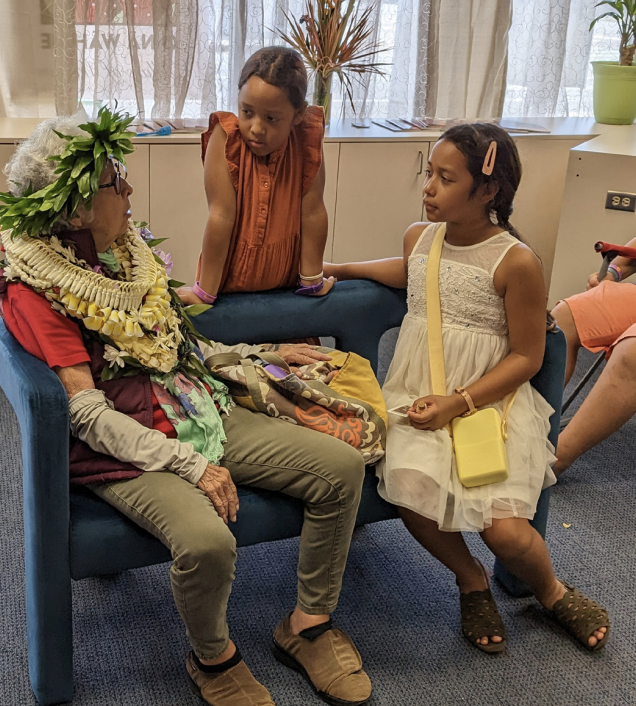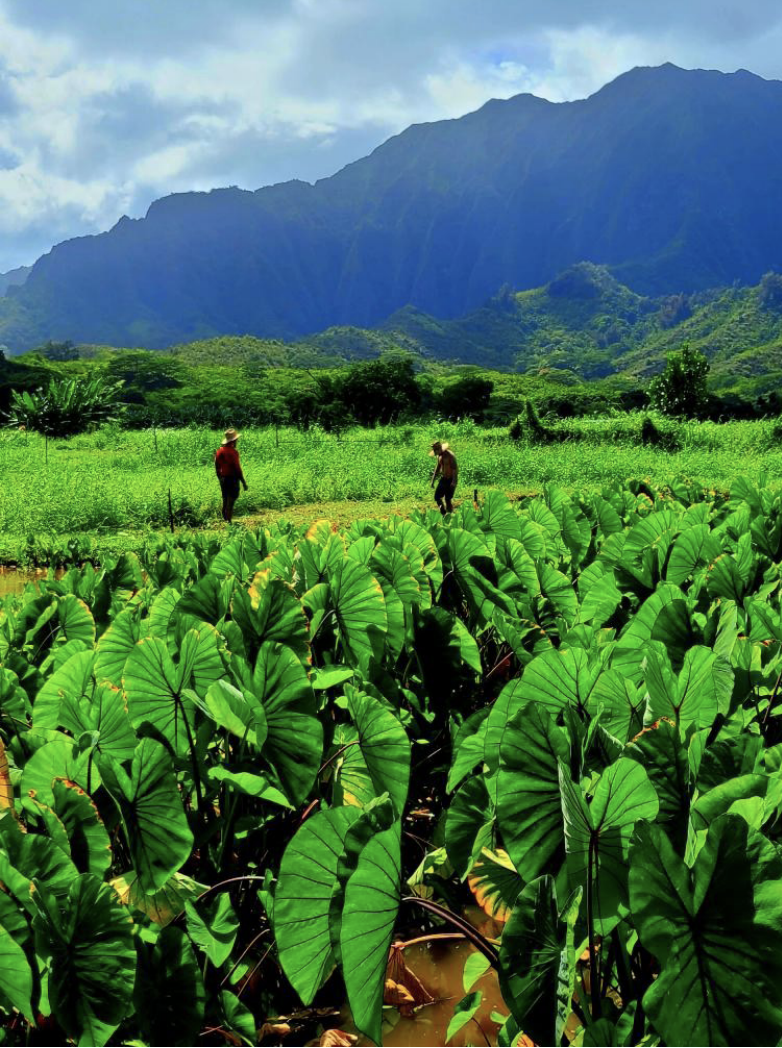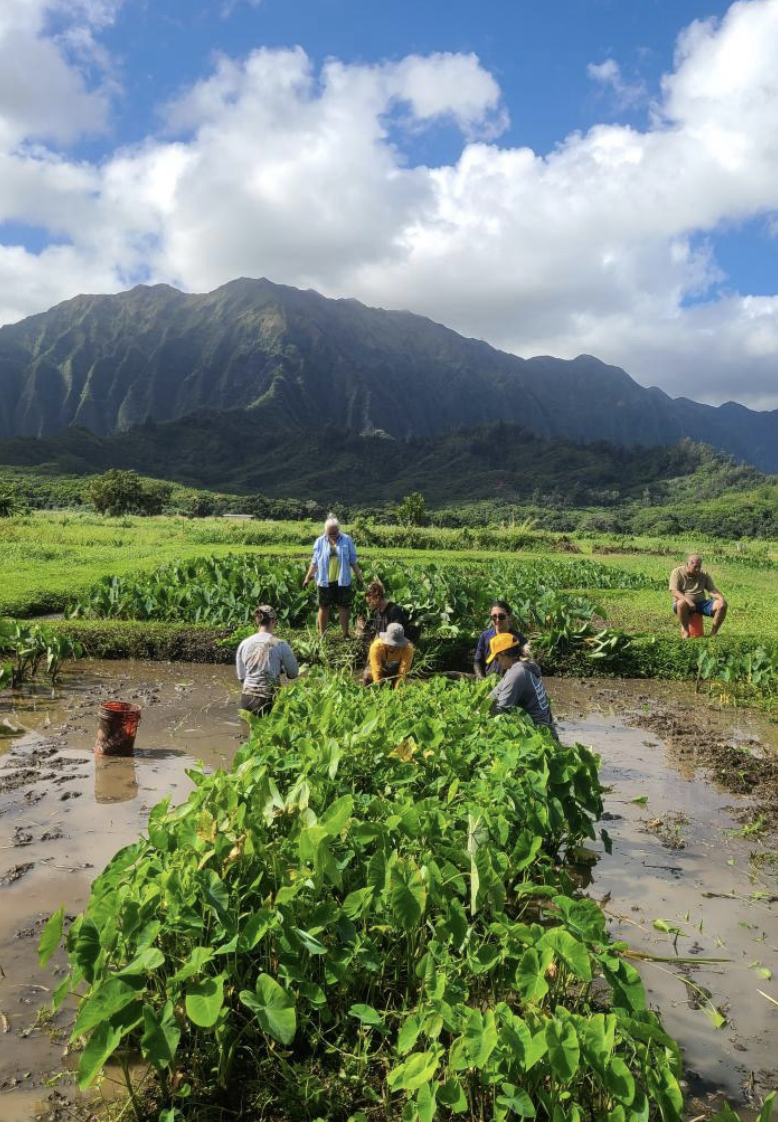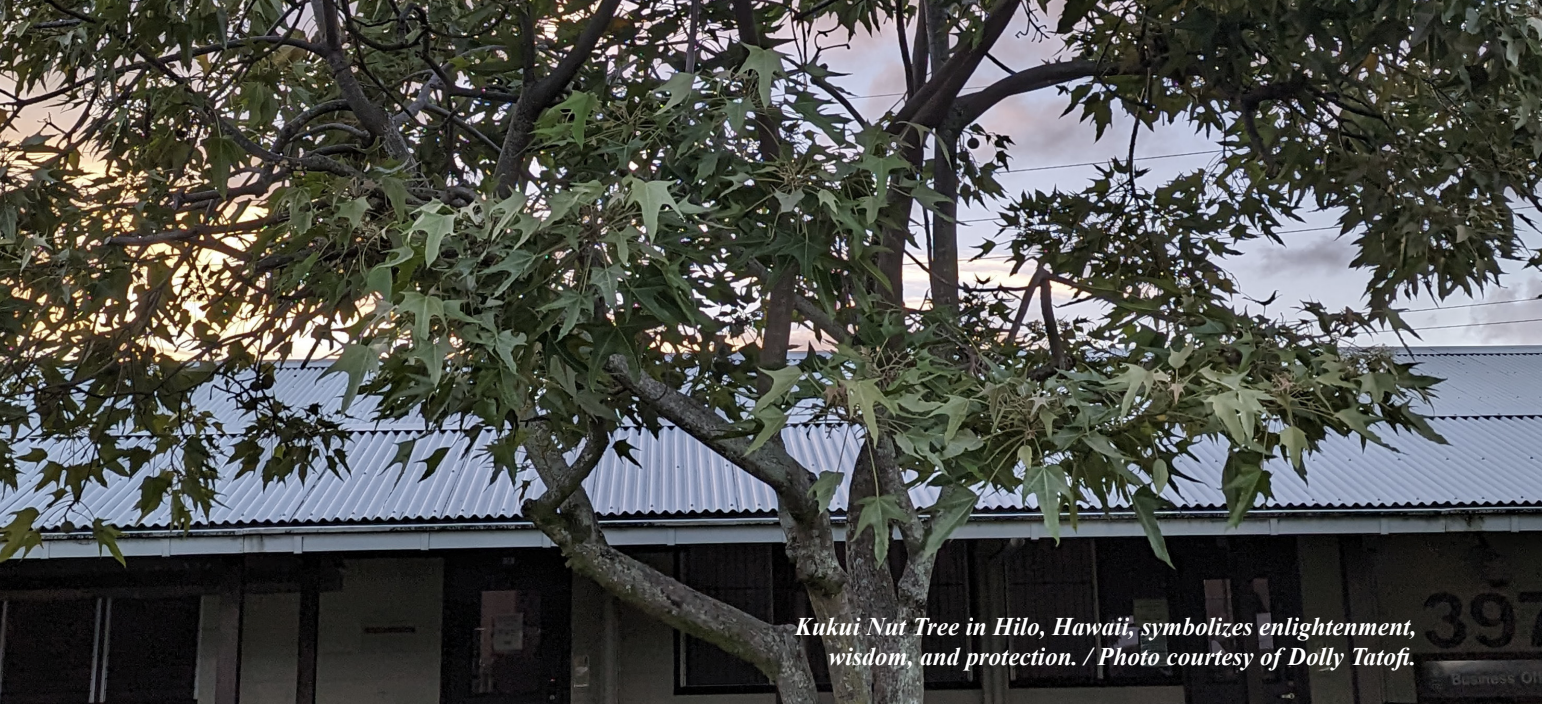Nohona Hawaiʻi
Hawaiʻi Solutions for Hawaiʻi Problems: A Think Piece
In the idyllic expanse of Hawaiʻi’s landscapes, beneath the swaying palms and amidst the whispers of the Pacific breeze, lies a community grappling with a profound dilemma: domestic violence within the Kanaka ʻŌiwi (Native Hawaiian) population. This isn’t just a statistical anomaly or a passing trend; it’s a sobering reflection of the intricate interplay between cultural identity and social realities. As we stand at this crossroads, it’s imperative to acknowledge that conventional approaches to addressing domestic violence fall short within Indigenous communities. Kanaka ʻŌiwi are not immune to domestic violence, yet the solutions offered thus far were crafted without due consideration for their unique cultural context.

In this think piece, we embark on a journey of introspection and reevaluation. This journey challenges us to confront uncomfortable truths and reimagine the paradigms through which we approach domestic violence within the Kanaka ʻŌiwi community. It’s a call to action to deconstruct the prevailing narratives and amplify the voices of those most affected by this issue. We navigate through the tapestry of Hawaiʻi heritage, drawing upon ancestral wisdom and community resilience as guiding lights in our quest for transformative change. This isn’t merely about implementing band-aid solutions or ticking boxes on a checklist of interventions; it’s about fostering a cultural renaissance—a resurgence of pride, healing, and empowerment within the community.
As a resource center, we confront uncomfortable truths and challenge ingrained norms. We acknowledge the systemic barriers that have perpetrated domestic violence and advocate for a paradigm shift—one that prioritizes culturally relevant approaches, community-driven initiatives, and holistic healing practices. Join us on this voyage of self-discovery and collective liberation—a journey toward reclaiming our cultural sovereignty and charting a course to a future where domestic violence is addressed and eradicated through solutions as unique and resilient as Kanaka ʻŌiwi.
Before diving into Hawaiʻi solutions, it’s essential to acknowledge the stark reality that the Indigenous people of Hawaiʻi—Kanaka ʻŌiwi—are disproportionately affected by domestic violence, both as survivors and perpetrators. Studies have consistently shown that Indigenous populations worldwide face higher rates of domestic violence compared to non-Indigenous communities, and Hawaiʻi is no exception. Within the Kanaka ʻŌiwi community, the impact of historical trauma, systemic oppression, and socioeconomic disparities has created fertile ground for the perpetuation of domestic violence. The effects of colonization, land dispossession, and cultural erasure have left deep scars on the collective psyche of Kanaka ʻŌiwi, exacerbating existing social inequalities and contributing to violence within families and communities.
Kanaka ʻŌiwi are overrepresented both as survivors seeking support from domestic violence services and as perpetrators within the criminal justice system. This overrepresentation is not a reflection of inherent traits among Kanaka ʻŌiwi, but instead, it is a manifestation of systemic injustices that continue to marginalize and disempower Indigenous peoples. As we further discuss Hawaiʻi solutions, it is imperative to approach the issue of domestic violence within the Kanaka ʻŌiwi community with nuance and sensitivity, recognizing the complex interplay of historical, cultural, and socio-economic factors at play.

Vernon Viernes.
In translating solutions from the continental United States to the unique cultural landscape of Hawaiʻi, we encounter challenges deeply rooted in the history of colonization and cultural decimation. The problematic use of programs and suggestions crafted by oppressors without first addressing the historical trauma and cultural erasure faced by Indigenous peoples perpetuates a cycle of marginalization and disempowerment. Too often, interventions designed with good intentions fail to resonate with the lived experiences and values of Kanaka ʻŌiwi, further exacerbating the disconnect between Indigenous communities and mainstream approaches to problem- solving. We must recognize that solutions tailored to the continental United States may not be effective within the context of Hawaiʻi, where cultural resilience and empowerment are paramount in addressing domestic violence. Therefore, as we find uniquely Hawaiʻi solutions, we must prioritize Indigenous perspectives and center the voices of those most affected by systemic injustices. By acknowledging and confronting the legacy of colonization, we pave the way for solutions rooted in cultural revitalization and collective healing.
Now, with an understanding of the disproportionate impact of domestic violence on the Hawaiʻi community, we are compelled to shift our focus toward solution-building rooted in cultural resilience and empowerment. By centering Indigenous perspectives and prioritizing culturally relevant solutions, we can address the root causes of domestic violence and pave the way for healing and transformation. We must move beyond acknowledging our challenges and actively collaborate to implement culturally relevant interventions. By drawing upon the rich heritage and ancestral wisdom of Hawaiʻi, we forge a path toward healing and reconciliation, creating safer and more nurturing environments for all community members.
In the depths of our cultural heritage lies the essence of Nohona Hawaiʻi—a state of being that encompasses completeness and wholeness. Embedded within our ancestral ways of life are the answers to our most pressing challenges, including domestic violence. Our safety and protections have always been intricately woven into the fabric of our existence, drawing strength from the interconnectedness of all things—kānaka, ka ʻāina, ka ua, ka makani, nā akua, and Akua (the people, the land, the rain, the wind, the gods, and God.)
Aunty Pilahi Pākī, a revered Hawaiian kupuna (elder), famously said, “The world will turn to Hawaiʻi as they search for world peace because Hawaiʻi has the key, and that key is aloha!” She illuminated the concept of Lōkahi—a unity expressed with harmony, an unbroken connection that permeates our existence. This ʻike (understanding or wisdom) Hawaiʻi, passed down through generations, reminds us of the infinite pilina (relationship) that binds us. Through this interconnectedness, we begin to grasp the true essence of our cultural heritage—a heritage rooted in aloha, respect, and mutual understanding. As we address domestic violence within our communities, we must heed the wisdom of our ancestors and embrace the principles of lōkahi. This means recognizing the inherent connection between akua, ʻāina, and kanaka (God, the land, and the people.) In doing so, we transcend the limitations of linear thinking, embracing a worldview that honors the interwoven tapestry of existence.
In pursuing solutions, we turn to the land as our first teacher and source of grounding. By grounding ourselves in the electromagnetic currents of the land, we establish a firm foundation upon which to build our efforts toward healing and reconciliation. Gathering in circles, we forsake hierarchical structures and embrace the inherent equality of all participants. CEOs stand shoulder to shoulder with the survivors in this sacred space, united in their humanity and shared responsibility. This circle acknowledges our accountability to our ancestors and future generations, recognizing past, present, and future interconnectedness. With gratitude and humility, we call upon the wisdom of our kūpuna and ʻaumakua (ancestor gods), seeking their guidance as we navigate the challenges. Through ritual and ceremony, we open ourselves to vulnerability, sharing, and healing, fostering an environment of trust and mutual support.
Central to our efforts is the concept of pilina—a deep and meaningful connection that transcends mere relationships. It is a way of life. It is a commitment to collective well-being and mutual respect. As we deepen our pilina, we expand our capacity for change, working collaboratively with community partners, government agencies, and survivor support groups to address domestic violence at its root.
In our journey toward healing, we draw inspiration from the kukui nut—a symbol of enlightenment, wisdom, and protection. Like Makaliʻi, the famed fisherman and chief navigator, we look to the kukui nut to illuminate the path forward, guiding us through turbulent waters toward a brighter future. We embrace the teachings of our ancestors and honor the interconnectedness of all things. We unlock the transformative power of Nohona Hawaiʻi—a state of being where love, respect, and togetherness reign supreme. It is through this collective effort that we reclaim our cultural sovereignty and pave the way for a Hawaiʻi where all are free from the shadows of domestic violence.
Hawaiʻi stands at a pivotal moment to carve its path in combating domestic violence, igniting a transformative shift towards self-reliance and empowerment. By tapping into ʻike Hawaiʻi and the wisdom of those who came before us, Hawaiʻi spearheads innovative solutions that resonate deeply within its communities. No longer bound by reliance on external interventions, Hawaiʻi can cultivate local expertise and champion grassroots initiatives to address domestic violence from within. This bold assertion of autonomy fosters a profound sense of empowerment and ensures that solutions are rooted in the unique values and traditions of the islands. As Hawaiʻi takes charge of its destiny, it emerges not just as a responder to its problems but as a beacon of inspiration for communities worldwide grappling with similar challenges, remembering that we are the answer.
As we navigate the complexities of addressing domestic violence within Hawaiʻi, we must remain steadfast in our commitment to finding uniquely Hawaiʻi solutions for Hawaiʻi problems. This journey requires us to not only acknowledge the disproportionate impact of domestic violence on our community but also to actively engage in solution-building efforts rooted in cultural resilience and empowerment. Yet, as we embark on this path, we must continually question and challenge ourselves: What does it mean to create Hawaiʻi solutions for Hawaiʻi problems? What does it look like, feel like, sound like? It demands a deep introspection into our values, traditions, and collective aspirations and a commitment to fostering environments of aloha, respect, and mutual understanding. Through this ongoing dialogue and collaboration, we pave the way for a future where every member of our community feels safe, supported, and empowered to thrive. As we navigate this journey together, let us hold steadfast to the belief that our collective resilience and unwavering commitment to aloha will guide us toward a brighter tomorrow.
E Ola Mau Kākou!
Let us live in perpetuity!





